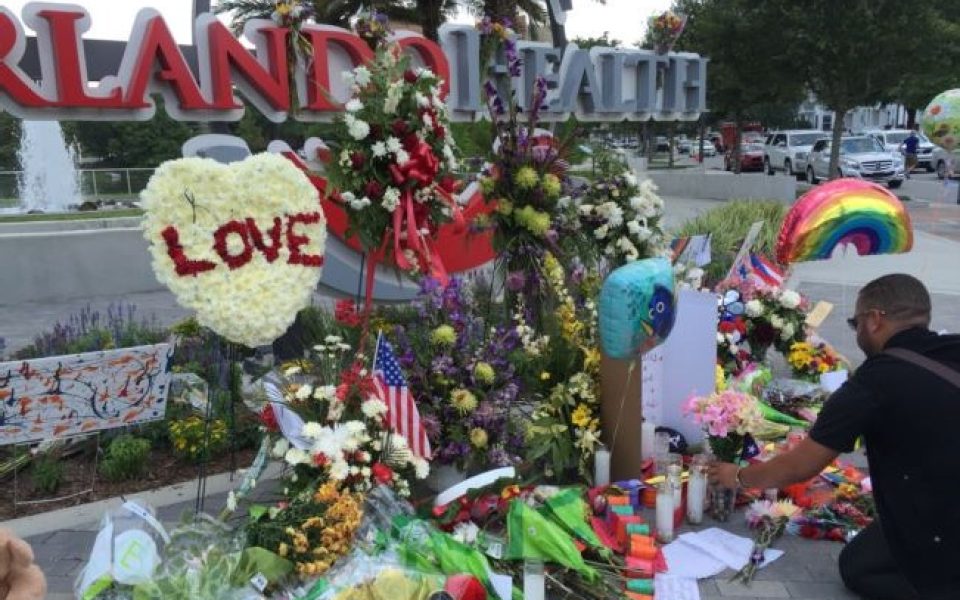Omar Mateen didn’t walk into Pulse nightclub with a semi-automatic assault rifle and 9mm Glock because of devotion to the Islamic State or (speculated) bipolar disorder. It’s true he referred to himself as “Mujahideen” (“Soldier of God”) on a 911 call during the massacre, but to focus on the role of extremism or the specter of mental illness is to distort the lived realities of the mentally ill and more than 1 billion Muslims; consequently, it serves to silence the true canary in the coal mine: the increasingly clear connection between mass shootings and domestic violence.
Men commit 98 percent of mass shootings in the US — between 2009 and 2012, 40 percent of mass shootings began with a shooter targeting his girlfriend, wife or ex-wife, according to ThinkProgress. Conservative FBI estimates also show a strong correlation between men who murder four or more people without a “cool off” period and histories of domestic violence. The untold story of mass shootings is scripted behind closed doors, in the privacy of homes.
Monday marked the one-year anniversary of Mateen’s slaughter of 49 people in the LGBTQ nightclub in Orlando. Though media outlets widely reported that Mateen had no previous record of hate crimes, this hinges on whether our definition of a hate crime includes gender-based violence.
After the Pulse slayings, the shooter’s ex-partners, Sitora Yusifiy and Noor Salman, both reported severe domestic abuse, and homophobia is nothing if not deeply rooted in misogyny.
As for Mateen’s claimed loyalty to ISIS, this seems more a symptom of bigotry rather than the origin of violence.
Let’s also pause to underpin the fact that individuals struggling with mental illness are far more likely to be the victims than perpetrators of violent crime, according to the National Alliance on Mental Illness.
A nuanced discussion about Pulse or any mass violence isn’t possible without acknowledging the role of sexism, misogyny and performative masculinity in our culture. We need to cease careless scapegoating and reckon with the nexus of private and public violence. We would also do well to reexamine our definition of terrorism.
Join the First Amendment Society, a membership that goes directly to funding TCB‘s newsroom.
We believe that reporting can save the world.
The TCB First Amendment Society recognizes the vital role of a free, unfettered press with a bundling of local experiences designed to build community, and unique engagements with our newsroom that will help you understand, and shape, local journalism’s critical role in uplifting the people in our cities.
All revenue goes directly into the newsroom as reporters’ salaries and freelance commissions.


Leave a Reply